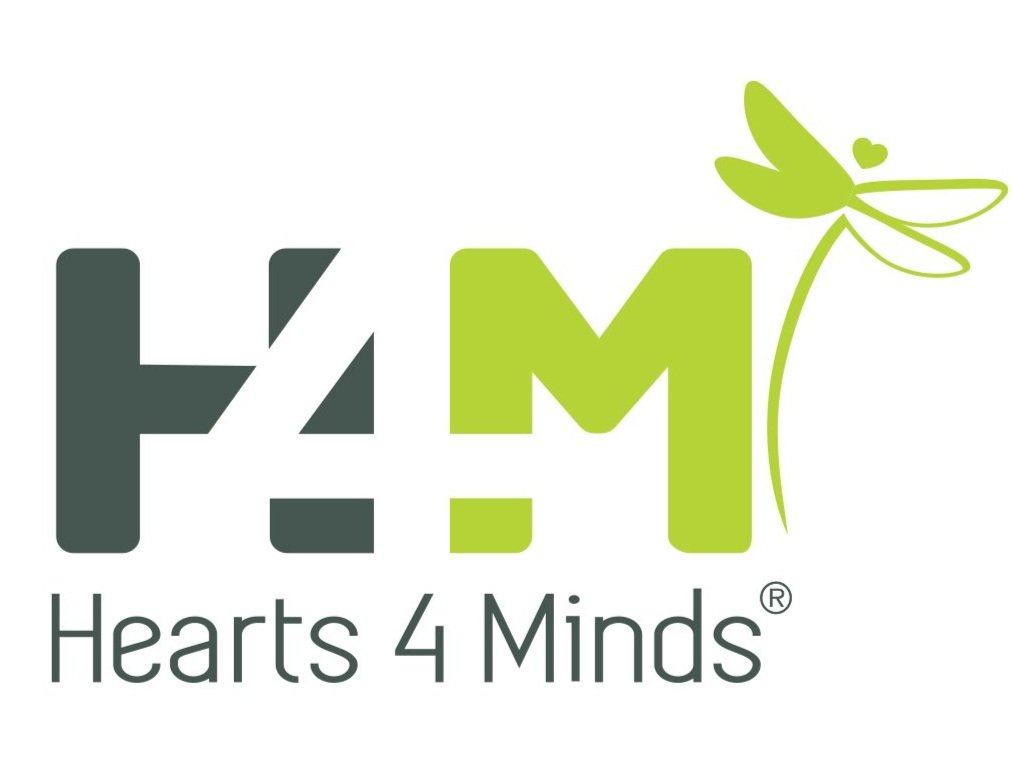Attention-Deficit/Hyperactivity Disorder (ADD/ADHD)
What is ADD/ADHD?
Attention-Deficit/Hyperactivity Disorder (ADHD), sometimes referred to as ADD when hyperactivity is less prominent, is a neurodevelopmental disorder that affects focus, organization, and self-control. It can cause difficulties in school, work, and relationships, but with proper support and treatment, individuals can thrive.
ADHD affects approximately 9.8% of children in the U.S. and often continues into adulthood.
CDC: Centers for Disease Control and Prevention [source]
Symptoms and Patterns
-
Difficulty sustaining attention or completing tasks
Frequently losing items (e.g., keys, schoolwork)
Trouble following instructions or staying organized
Easily distracted or forgetful in daily activities
-
Fidgeting, restlessness, or excessive talking
Difficulty waiting turns or sitting still
Acting without thinking or interrupting others
-
Many people show a mix of inattentive and hyperactive-impulsive symptoms, which can vary depending on the environment or age.
WHAT TREATMENTS ARE AVAILABLE?
Cognitive Behavioral Therapy (CBT)
CBT helps individuals manage impulsivity, improve organization, and challenge negative thought patterns that can lead to frustration or low self-esteem.
Behavioral Therapy for Children
Teaches children practical strategies for improving focus, following directions, and managing emotions. Parent training is often included to reinforce positive behaviors at home.
Parent Management Training (PMT)
Gives parents tools to create structure, set clear expectations, and use positive reinforcement to support healthy behavior.
Coaching and Skill-Building Programs
ADHD coaches and structured programs can help individuals develop time management, organization, and planning skills to improve daily functioning.
MEDICATION
Medication is a common and effective part of ADHD treatment.
Stimulants (e.g., methylphenidate, amphetamine-based medications): Help improve attention and reduce impulsivity.
Non-stimulants (e.g., atomoxetine, guanfacine, clonidine): Useful for those who don’t respond well to stimulants or experience side effects.
SELF-MANAGEMENT
Use planners, reminders, or digital apps to stay organized
Break large tasks into smaller, manageable steps
Establish consistent routines for daily activities
Reduce distractions in your workspace or study area
Practice mindfulness or relaxation exercises to enhance focus
HOW DO I GET HELP?
BECOME AN EXPERT
Learn about ADHD symptoms, treatments, and coping strategies. Reliable information empowers individuals and families to make informed choices about care.
PARTNER WITH YOUR HEALTH CARE PROVIDER
Work with a mental health professional or primary care doctor to create a comprehensive plan that includes therapy, medication, and lifestyle adjustments.
SUPPORT AT SCHOOL OR WORK
Request academic or workplace accommodations such as extended time, note-taking assistance, or structured task lists to help with focus and productivity.
STAY CONNECTED
Join ADHD support groups or online communities to share strategies, experiences, and encouragement.
